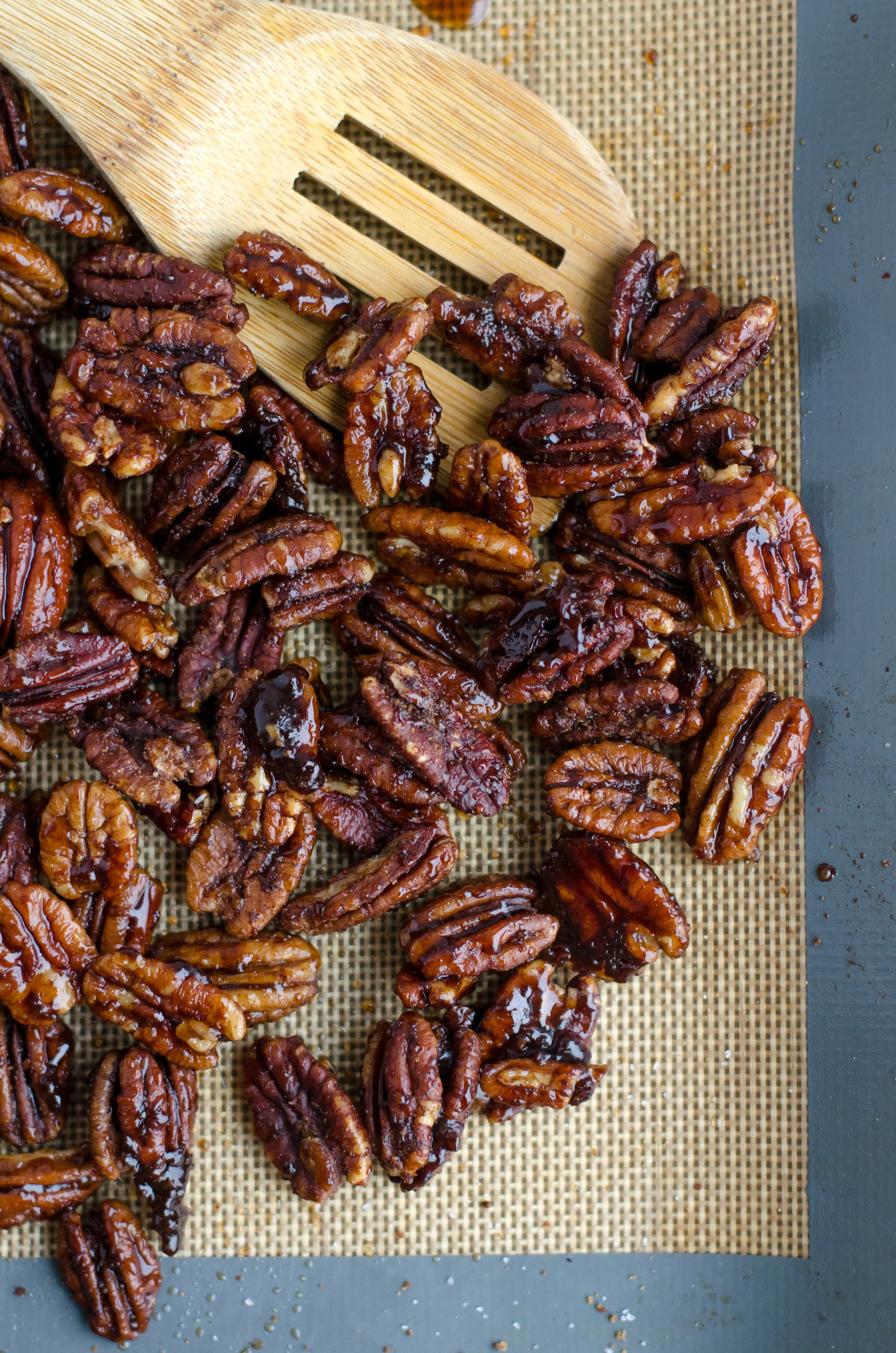Every dog owner deals with the temptation of sharing their food with their furry friend daily. In this article, we seek to answer the question, “Can dogs eat pecans?”
Pecans are rich in healthy fats, fiber, vitamins, antioxidants, and proteins. These nutrients are beneficial for humans. But, it's not the case for dogs.
Pecans are dangerous for dogs. They contain poisonous chemicals that will affect your dog's digestive system.
Pecan contains juglone, a toxic chemical that if left untreated, will result in fatal consequences. While human digestive systems are designed to withstand these chemicals, the case is different for dogs. When your dog eats pecan, it will result in vomiting and diarrhea.
Can Dogs Eat Pecan?
Unfortunately, dogs will eat almost anything their parents give them. But, can dogs have pecans?
Dogs shouldn't eat pecans for these reasons:
High Fat Content
Pecans contain a high fat content that's unhealthy for dogs. If your dog eats too many pecans, it will cause diarrhea and vomiting. The high fat content will also trigger gastroenteritis and pancreatitis.
Mycotoxins
Pecans contain mycotoxins that you can't see with your naked eyes. These toxins are a variety of mold that grows in nuts naturally. These mycotoxins will cause neurological issues for your dog resulting in seizures and tremors.
Choking
Pecans in shells can be a choking hazard for your dog if eaten whole. This may result in obstruction in the digestive system. Your dog will require surgery to rectify the obstruction.
What Happens if a Dog Eats a Pecan?
Pecans and dogs definitely aren't the perfect combination. A pecan or two will not have a major effect on your dog. However, puppies should be monitored for symptoms.
If your dog eats a moldy pecan or too many, you should be alarmed. In this case, watch out for these signs:
Vomiting
Irregular urination
Tremors
Diarrhea
Fever
Seizures
Blood in the stool
When you see these signs, immediately call your veterinarian. Your vet may ask you to take your dog to the clinic for further examination.
To avoid such scenarios, store foods out of your dog's reach. Also, educate your family members about foods they can and can't share with the dog.
What Other Nuts Can Dogs Safely Eat?
Although pecans for dogs are unsafe, other nuts are safe for them. These nuts include:
Peanuts
Unflavored and unsalted peanuts in small amounts are safe for dogs. They are rich in proteins and healthy fats that are beneficial to dogs.
Cashews
Cashews are enriched with healthy fats and proteins that are good for dogs. They should be given in moderation though due to the high calorie content.
Almonds
Almonds in small amounts are safe for dogs so long as they are unsalted and unflavored. Before giving them to your dog, slice them to avoid choking.
Hazelnuts
Hazelnuts, also in small amounts, are okay for dogs. They are packaged with healthy fats and proteins that are beneficial to dogs.
The key to nuts is moderation. They have a high fat content that's unhealthy for dogs if given in excess.
Now that you know the nuts you can safely share with your furry friend, you may ask, what nuts are bad for dogs?
Bad nuts for dogs include macadamia nuts and black walnuts.
Conclusion
Although pecans are safe and healthy for humans, it's not the case for dogs. We believe our article has answered your question, “Can dogs eat pecans?” Remember to store your food away from your dog's reach.
Frequently Asked Questions
What nuts can dogs eat?
Peanuts, cashews, hazelnuts, and almonds are safe for dogs to eat.
Are nuts ok for dogs?
Not all nuts are ok for dogs. Although there are varieties of nuts that are safe for dogs, the key is moderation.



